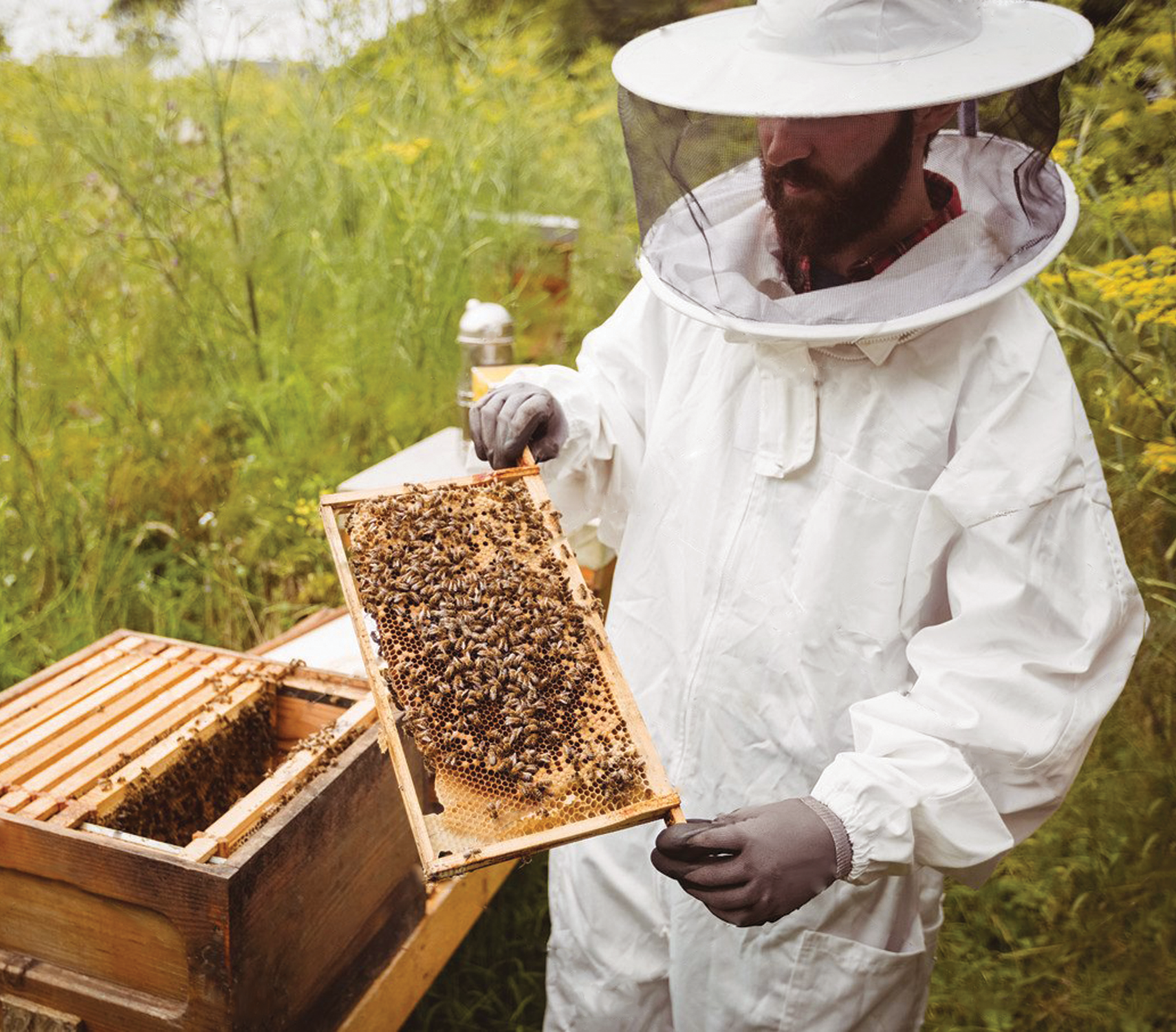
Our Committment to the Community
From the beginning, Big Dipper has been committed to the well-being and satisfaction of our customers, beekeepers, and community.
Big Dipper is a Green America Approved Business. Green America's thorough screening process, which takes into account the social and environmental practices of a business, offers third party verification of our commitment to the community and to the environment. Look for Big Dipper in Green America's National Green Pages directory.
Living locally is living responsibly, and Big Dipper is committed to giving back to the community in a way that will ensure healthy ecosystems for years to come.
Education & Sustainability
Big Dipper is committed to supporting a vibrant community of customers, beekeepers, and bees. To that end, 5% of the net profits from all candle sales is donated to organizations dedicated to outreach, education, and sustainability efforts devoted to promoting sustainable beekeeping.
Big Dipper is an active member of our local community. We support a variety of local groups including schools, sports organizations, animal shelters, and health research organizations.
Pollinator Partnership: Click here to read more about Pollinator Partnership
The Pollinator Partnership is a 501(c)3 non-profit organization that has taken a leading role in the effort to protect pollinators through research; advocacy; and public outreach and awareness. Like pollinators, the Pollinator Partnership is a small organization that works with great efficiency, often behind the scenes. They are determined to protect the pollinators who are responsible for one out of every three bites of food that we eat!
The Xerces Society: Click here to read more about The Xerces Society
The Xerces Society is a nonprofit organization that protects wildlife through the conservation of invertebrates and their habitat. Since 1971, the Society has been at the forefront of invertebrate protection, harnessing the knowledge of scientists and the enthusiasm of citizens to implement conservation programs worldwide.
The Society's Pollinator Conservation Program was launched in 1996. The program’s staff of eleven collaborates with leading pollinator researchers, agency staff, and business community partners to promote pollinator education and training, and to translate the latest research findings into on-the-ground conservation. Our efforts have resulted in more than 38,000 farmers and conservation professionals receiving training and the creation of over 120,000 acres of new habitat for pollinators. We also work to protect threatened species and their habitat and to engage the wider community in studying and conserving pollinators through the Bring Back the Pollinators campaign and citizen-science projects such as Bumble Bee Watch.
Seattle Tilth: Click here to read more about Seattle Tilth
For over 30 years, Seattle Tilth has been teaching and inspiring people to grow organic food in the city. They offer hands-on educational programs for adults, teens, and children. Their five Community Learning Gardens are free and open year round for the public to learn new techniques while touring the sites. Their Volunteer Program offers unique opportunities for people to help Seattle Tilth achieve its mission while also increasing their knowledge and gaining experience with urban food production and resource conservation. Seattle Tilth operates the Garden Hotline, where callers can get free information and answers to questions about organic gardening.
Seattle Tilth recently adopted and re-launched Seattle Youth Garden Works, a job-training program for homeless and at-risk youth. Youth learn how to grow, package, and sell produce at a local farmers market; they participate in all aspects of the food system and gain a range of leadership and employment skills. The Farm Incubator Program, launched in 2010, helps refugees, immigrants, and other low-income individuals overcome obstacles to creating small farming businesses. In addition to helping individuals create a better life for themselves through their own enterprise and industry, the Farm Incubator Program also facilitates access to and consumption of healthy foods in the low-income communities of which these farmers are a part.
Heifer International: Click here to learn more about Heifer International
Bees from Heifer International help struggling families earn income through the sale of honey, beeswax and pollen. From Uganda to El Salvador, Ghana to Poland, bees not only provide food and income, but they can as much as double a farmer’s crop production.
